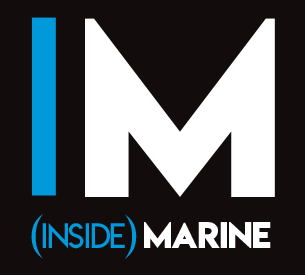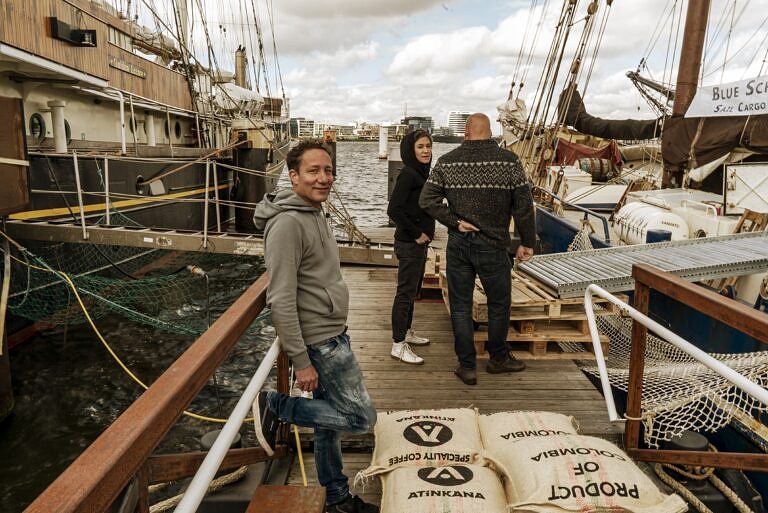Coffee manufacturer Atinkana pursues a vision of sustainability: in the long run, it wants to restore the original structure of the virgin forest in Colombia and make the soil more fertile. The Swiss company is financing its project in Colombia’s Sierra Nevada by growing coffee, cocoa and a variety of fruits. The plants are cultivated in a natural cycle, with hardly any emissions being produced thanks to manual harvesting and processing. For every kilo of coffee sold by Atinkana, the company plants two trees in Colombia. To make the 8,500-kilometer transport to Europe as sustainable as possible, Atinkana relies on particularly eco-friendly means of transport: the coffee beans are transported by sailing ships across the Atlantic to Amsterdam, then by truck to Antwerp and subsequently by rail to Basel. From there, Gebrüder Weiss delivers them to the coffee roasting plant using its hydrogen truck.
“Thanks to the cooperation with our innovative logistics partners Fairtransport and Gebrüder Weiss, we are able to cover 98 per cent of the route from Colombia to Switzerland by sustainable means of transport. This makes our coffee almost as sustainable as a regional product in Europe,” Andre Conte, logistics manager at Atinkana said. It takes two sailing ships about 10 weeks to transport the coffee to Europe. Thus, 14 tonnes of coffee are transported to Switzerland once a year.
Apart from reforestation of the virgin forest, Atinkana sets high standards in other areas as well. It pays higher wages to its coffee farmers than other companies. For each kilogram of coffee sold, eight dollars remain in the country – five for the coffee beans, three for reforestation. This corresponds to around 22% of the revenue. It is mainly the Colombians who are meant to benefit from the profit.


